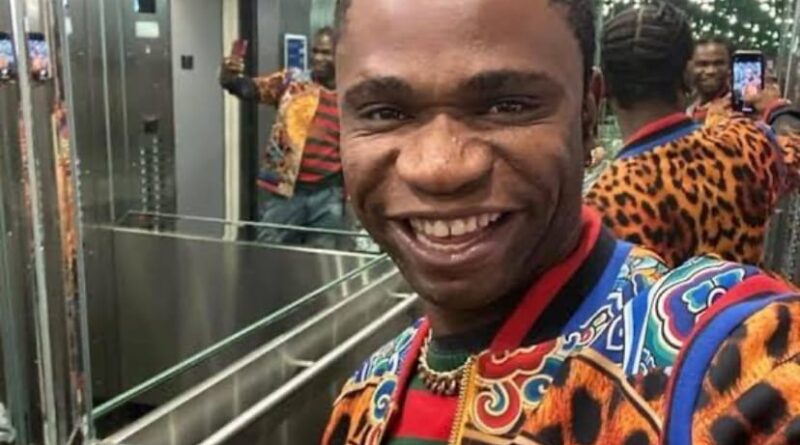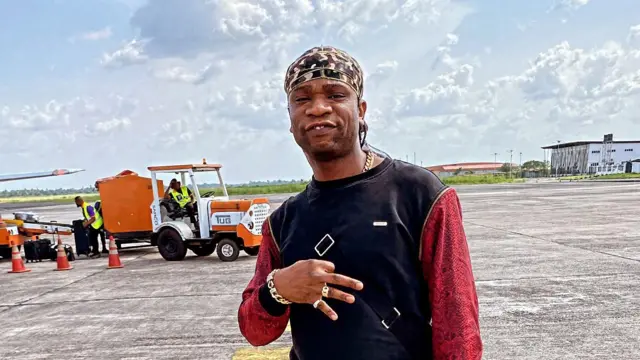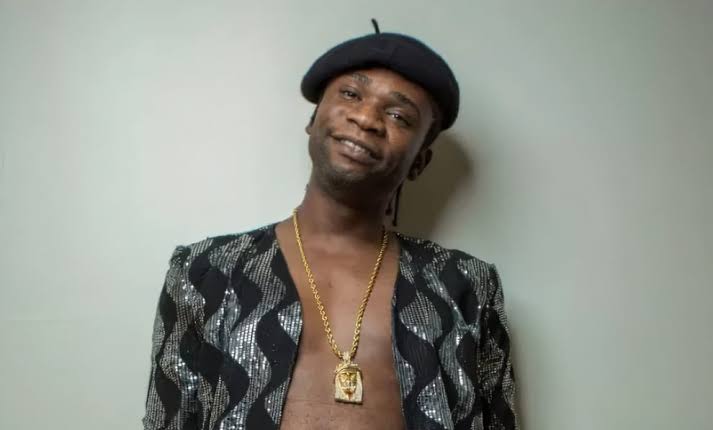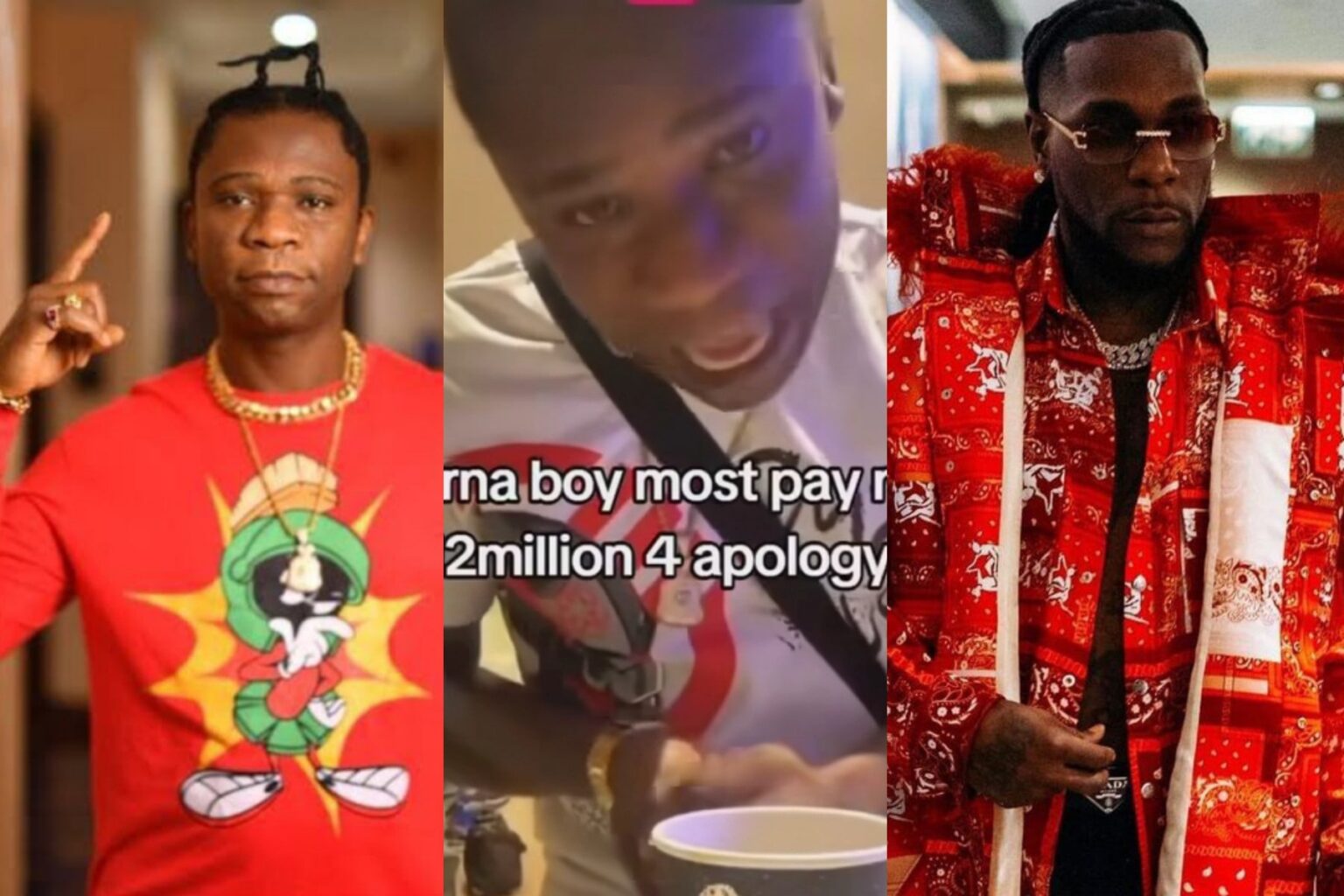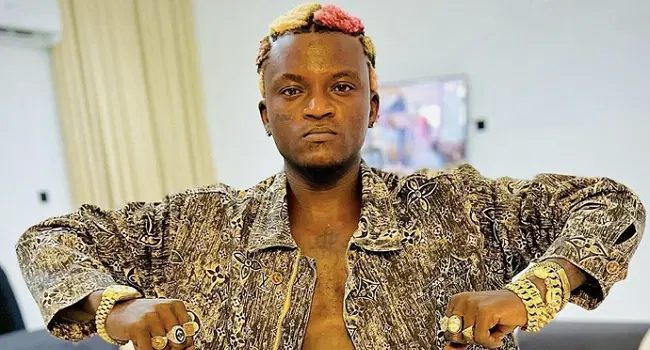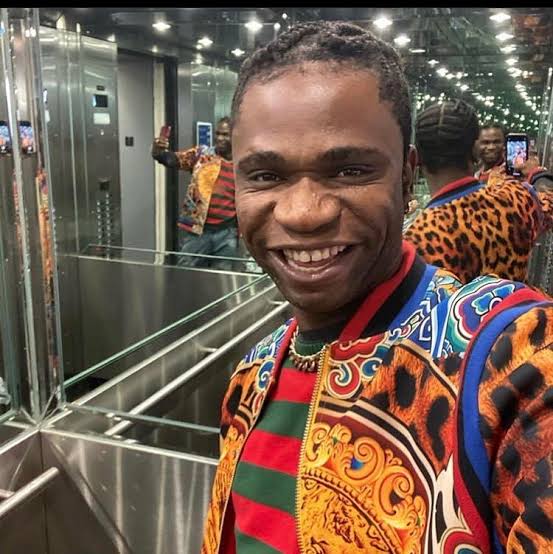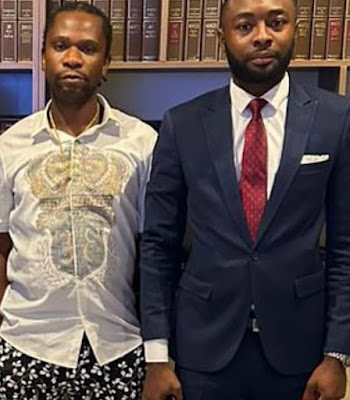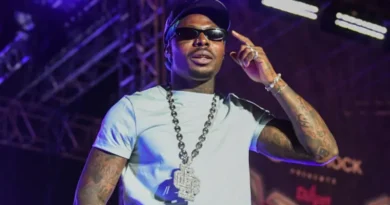Speed Darlington Responds to NAPTIP over Viral Rape Video Joke
Controversial Nigerian entertainer Speed Darlington has responded to the invitation from the National Agency for the Prohibition of Trafficking in Persons (NAPTIP), following backlash from a video where he claimed to have defiled a 15-year-old girl. The video sparked serious outrage online, even after he apologized and claimed it was just a joke.
Despite his public apology, the case was escalated to NAPTIP by the Domestic and Sexual Violence Agency (DSVA), which prompted the agency to invite him for questioning. The entertainer, through his legal representatives, addressed the issue in a statement released on Monday.
In the letter, Speed Darlington acknowledged receiving the invitation from NAPTIP, sent via Instagram on May 28, 2025. He explained that the video in question was entirely fictional and intended for entertainment and clout-chasing purposes.
“As a law-abiding citizen and a man raised by strict parents under strong ethical standards, I have never engaged in or thought about committing any sexual offence,” he stated. He described the clip as a joke that has been misunderstood and taken out of context by those eager to find fault in his actions.
He went on to stress that the video does not reflect any real event in the past or future, adding that the content was purely for entertainment. “What was meant to be a joke has been blown out of proportion,” he said, while also offering a “profound apology” to anyone offended by the content.
Speed Darlington clarified that as a public figure, he is aware of his responsibility to set a good example, especially for young people. He noted that the statement in the video was not meant to promote or reflect actual misconduct and that he regrets the misunderstanding it caused.
He concluded by offering to appear at NAPTIP’s office for further clarification on June 26, 2025. The letter closed with a respectful tone, thanking the agency for its understanding.
This situation has sparked more debate on the responsibility of public figures when creating content online, especially when it touches on sensitive topics like child abuse and sexual violence.

